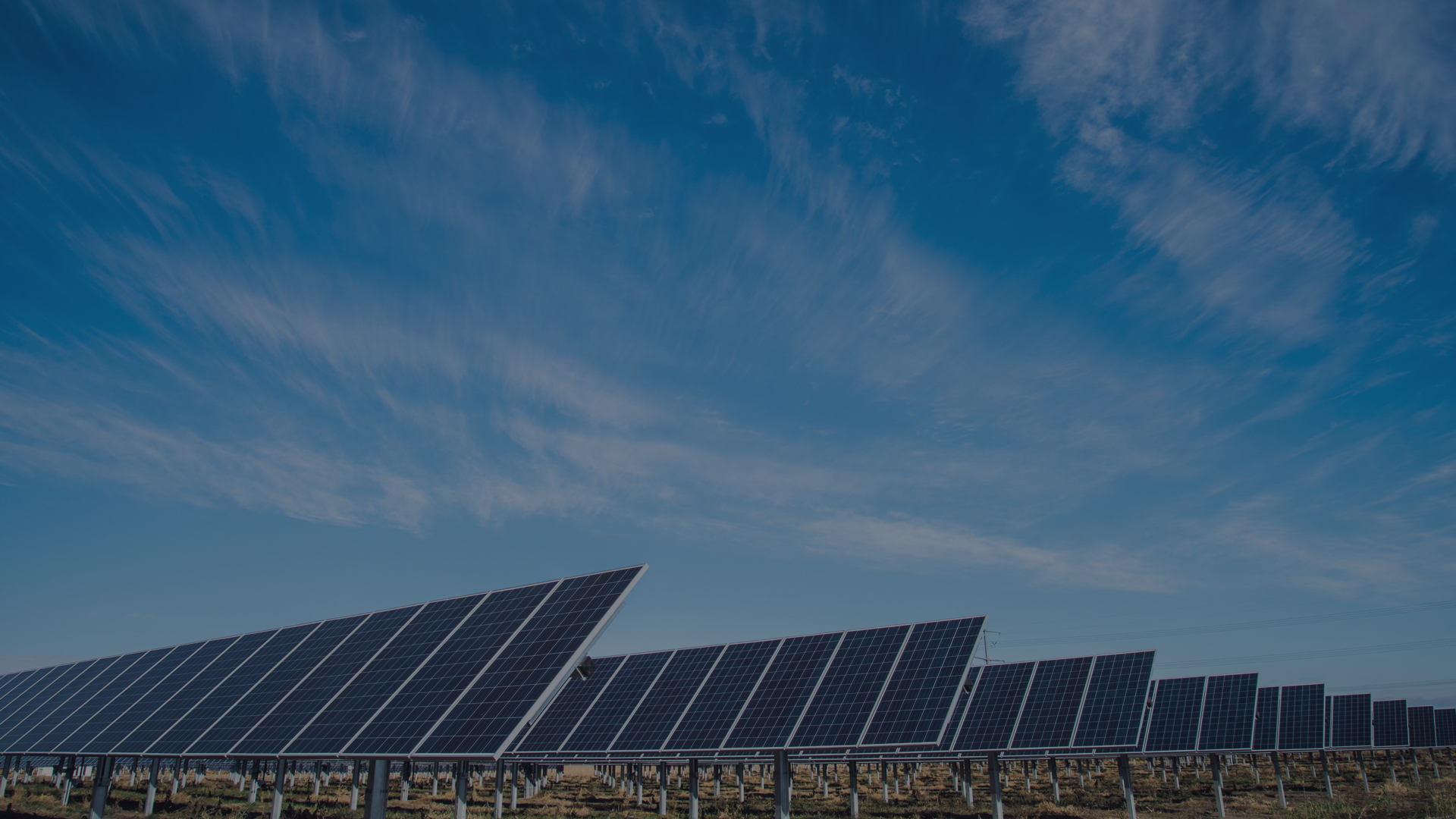Sinclair Meadows is a unique housing development.
Located in South Shields, Sinclair Meadows is the first carbon negative social housing development in the UK.
This £3.8 million eco-housing village could well be a glimpse into the future of sustainable domestic construction.
The development, by not-for-profit Four Housing Group (FHG) was designed in order to surpass the government's definition of zero carbon and exceed the minimum requirement for sustainable homes.
Featuring nine houses and 12 flats, Sinclair Meadows boasts the largest collection of solar panels on domestic dwellings in the country.
Heating and hot water for the homes is provided by a communal biomass boiler that burns wood pellets and rainwater is harvested in order to flush toilets. All homes have been fitted with energy-efficient bulbs and natural light is optimised by large windows, which are triple-glazed for insulation.
Dawn Keightley, Director of Operations at FHG, said: "Sinclair Meadows is unique because it is the first purpose-built and designed carbon-negative housing scheme on this scale that, within three years of being built, has the ability to remove its own carbon footprint created during construction.
"Once the development has reached the end of its useful life, the majority of the materials will be reusable, recyclable and biodegradable."
It is hoped that this housing development will act as a template for future green housing projects.
As well as having no carbon output, the use of renewable energy, thanks to the solar panels on the roof, will also reduce energy costs at a time where fuel costs are continuing to rise.
Ms Keithtley commented: "These low-energy, quality homes offer security and predictability at a time when fuel costs are volatile, so we also expect our tenants to benefit financially."
All homes are equipped with energy monitoring systems to enable tenants to keep track of their usage in order to make informed decisions about energy saving.
Around 500 people applied to live in these new sustainable residences, illustrating that interest in eco-properties and renewable energies is prevalent.
